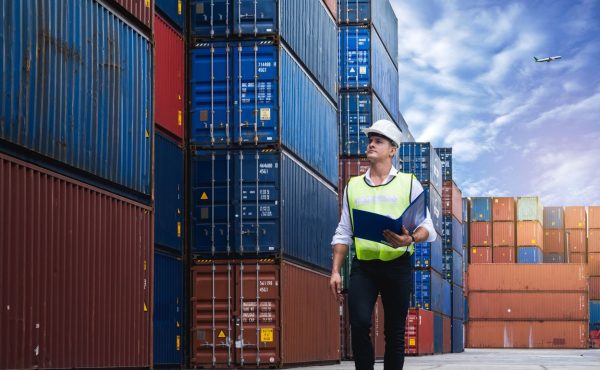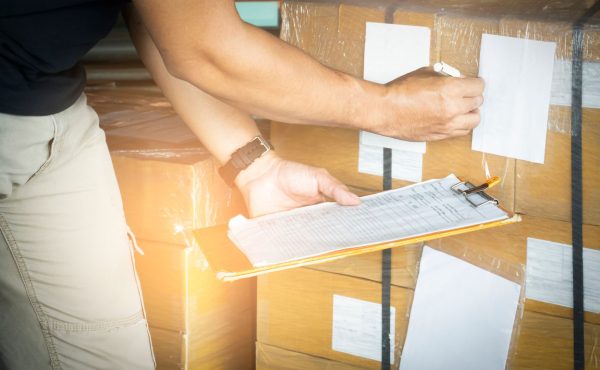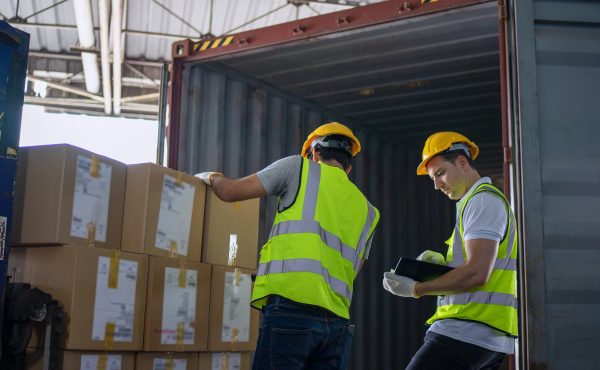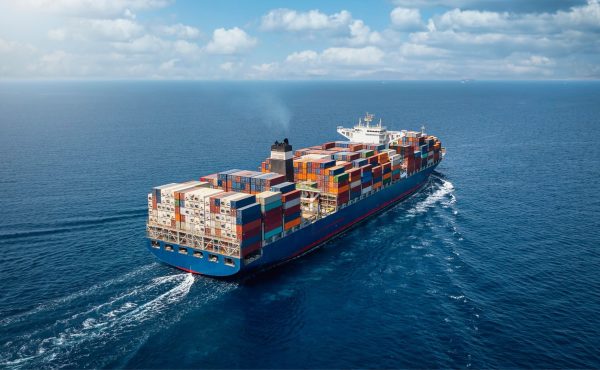Complete guide to customs procedures for import and export in Brazil
Brazil is a key region for international trade and the movement of goods in the south of the American continent. The customs processes in this country, both import and export, are crucial for those wishing to operate in this market. For any foreign company importing or exporting, the documentation required by the Brazilian authorities is extensive and must be completed in a rigorous manner.
From the commercial invoice to the bill of lading, each document has a defined purpose and must be presented correctly to the customs authorities. In addition, the certificate of origin, the insurance policy, the import declaration, the simplified import declaration, as well as a number of other special documents, such as those relating to the transport of food products and dangerous goods, must be presented to customs.
Taxes and tariffs add an additional layer of complexity to these processes. The Tax on Industrialized Products (IPI) and the Tax on the Circulation of Goods and Services (ICMS) are just some of the charges that need to be considered. Brazil also has discriminatory import taxes such as the PIS (Social Integration Program) and COFINS (Contribution for Social Security Financing).
There are also customs inspections. There are the physical aspects of the cargo, the security aspects and also the sanitary and phytosanitary aspects. Brazilian customs authorities work to ensure that goods comply with local and international regulations. These inspections can prolong logistics process times and add additional costs to business operations.
It is important to note that there are different international treaties between Brazil and other nations of the planet or supranational regions. This is, for example, the case of the European Union (EU), which since June 2019, has a free trade agreement with Brazil, in addition to other Mercosur countries such as Argentina, Paraguay and Uruguay. Or the Trade and Economic Cooperation Agreement (ATEC), signed by the United States and Brazil. It is also relevant to know the guidelines advised by the World Customs Organization (WCO), which promote the simplification of customs procedures at a global level.

Steps for successful customs clearance in Brazil
We have already discussed some important information that will help us in the customs process, whether we are importing or exporting to Brazil. However, what other aspects should we take into account to ensure that our logistics operation is efficient, fast, and safe?
- Professional planning and advice: before embarking on import or export activities, it is crucial to have expert international trade and customs advice.
- A reliable logistics operator: any company wishing to trade with Brazil can ensure success by relying on the support of an experienced freight forwarder. This will help you with aspects such as customs clearance, among other procedures.
- Detailed records: all goods must have their documentation in order and up to date in order to ensure a smooth flow through customs.
At Logisber we specialize in importing and exporting goods to and from any city in Brazil, whether by sea, air, or road transport. Do you want your products to be transported safely, quickly, efficiently and with traceability free from delays and incidents? Contact Logisber now and our team will show you how to achieve a successful commercial operation.
Categorías
Compartir









